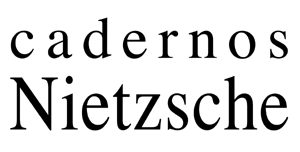Abstract
The aim of this paper is to show that the way in which Pascal reacts to Montaigne’s attempt of recovering the ancient conception of philosophy as a way of life by reworking certain elements he borrowed from the sceptical tradition will have considerable impact on the similar philosophical project Nietzsche tries to develop in his so-called middle period works (section III of this paper). Nietzsche’s starting point is the diagnosis that the crisis of Christianity in early Modern Europe did not make room for the development of a contemplative life emancipated from religious illusions. Instead of that, it was followed by the degradation, not to say the complete suppression of contemplative life and the immersion in modern activism (see CS 359, BGE 58). The trilogy Nietzsche dedicated to the Free Spirits is an attempt of directly counteracting this tendency and regaining a non-religious sense of contemplative life in the most unlikely context of the bourgeois society of the second half of the Nineteenth Century. I intend to show that by the time of publishing Daybreak, Pascal becomes his most stimulating opponent. Before doing it, I reconstruct the way Montaigne receives and transforms the heritage of ancient scepticism (section I) and, thereafter, I proceed to investigate how Pascal reacts to the revival of ancient scepticism, putting special emphasis on the way he tries to undermine the ideal of a contemplative life freed from the tutelage of Christianity, a philosophical project which had in Montagne its most consequent representative (section II).
Keywords:
skepticism; contemplative life; Montaign; Pascal; intellectual integrity
